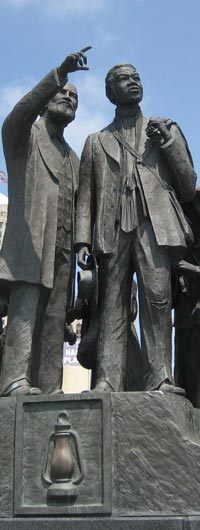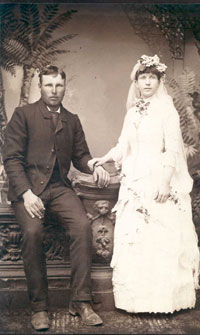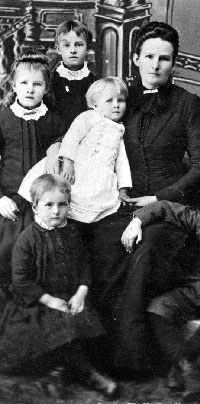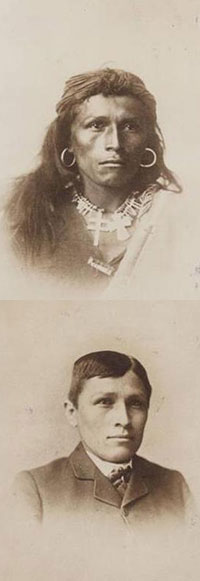United States Survey Practicum
Arland Thornton, Jim Lepkowski, and Richard Curtin, P.I.s
The first nationally representative set of United States Developmental Idealism pilot data was collected in April of 2006 in partnership with the Survey Methodology Program (SMP) at the University Of Michigan. The SMP, which resides in the Survey Research Center at the Institute for Social Research, was established in 2001 to train future generations of survey methodologists. It stresses both applied and theoretical perspectives in all aspects of survey methodology. The “Survey Practicum: Data Collection” course is an integral piece of the applied training experience. In this course, students actively participate in questionnaire design, pretesting, and actual face-to-face and telephone interviewing alongside the Survey Research Center’s professional interviewing staff.
In the fall of 2005, our United States group was extended a unique opportunity – the chance to have developmental idealism data collected in a nationally representative telephone survey during April of 2006. Interviewing yielded 498 interviews with men and women between the ages of 18 and 94. Approximately 80 questions relating to developmental idealism were collected. Included were 1) country-specific development and inequality scales, 2) questions asking respondents to compare England in 1600 and 1800, 3) question asking respondents to compare either India with the United States or not developed countries with developed countries, 4) a set comparing family life in the United States and Sweden, and 5) a series revolving around what family life in the United States might be like 20 years from now.
The survey also implemented a number of methodological tests. To test for scale ordering effects, half the respondents were asked to rate the development levels of individual countries using a “0-10” rating scale, while the second half were asked to do the same thing using a “10-0” scale. Another test attempted to gauge the impact of two-category vs. three-category answer categories for ascertaining comparisons. During the course of the interview, we also tested for ordering effects by varying the order in which the sections were administered.
Analysis of the data is currently underway, and from that we expect to be able to summarize both the effectiveness of our measures as well as the impact of the methodological tests. This will allow us to refine current measures and create new ones for future studies. In addition, students and faculty are analyzing the data and writing substantive and methodological papers based on those analyses.










